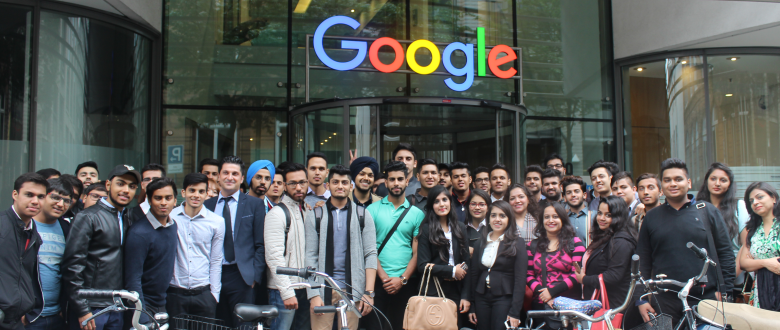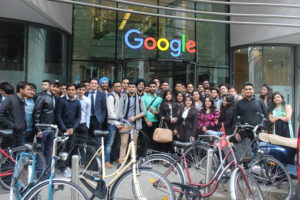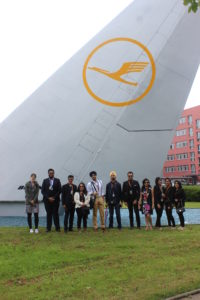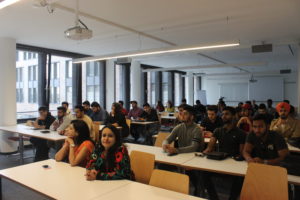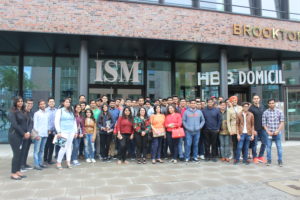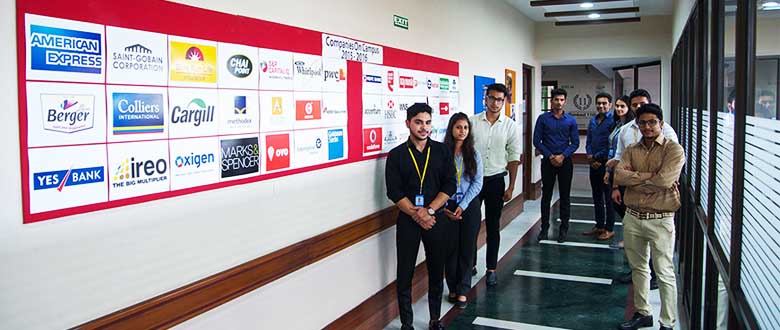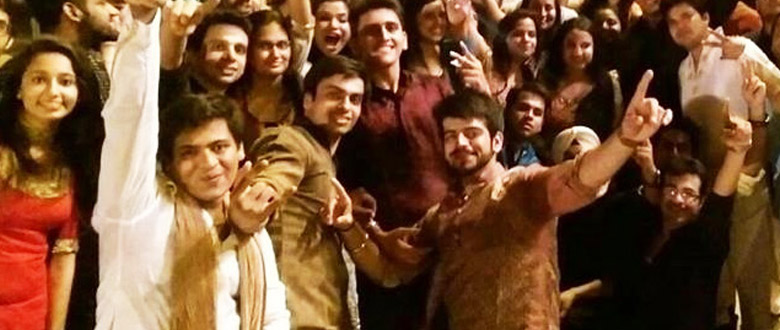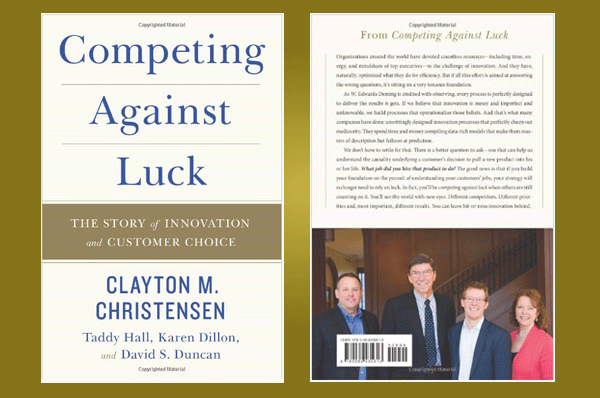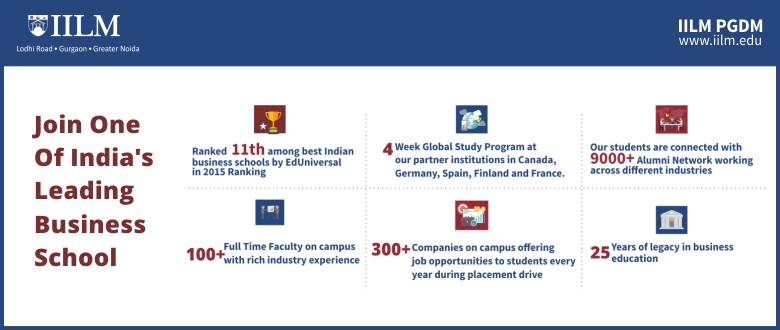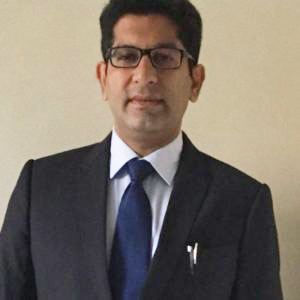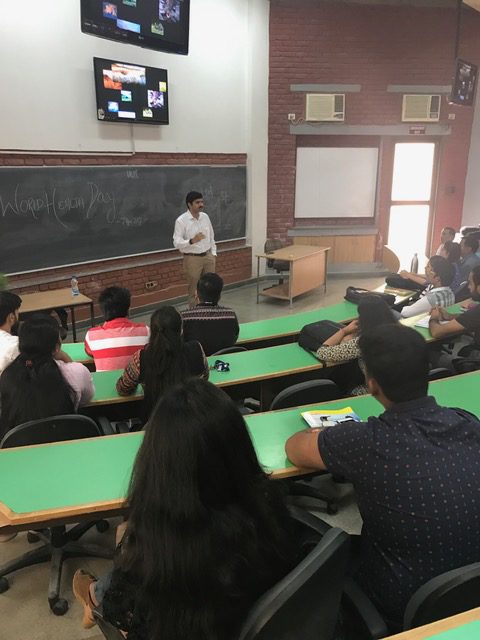The role of a manger is to make decision and to make a choice out of many options to lead organisation successfully to the next level. Can we teach how to make decision and to think strategically? It is hard thing to do . But thats what management programmes around the world claim to do. It is very easy for professors to teach management principles in a class room but it is very difficult for mangers to practice those theories in fast changing, disruptive and difficult world. The firefighting, the survival and making sense out of chaos fill manager’s or leader’s days and months. The outside change is so powerful that it is difficult to change the dominant logic of the company even if the leader knows that past success is no longer relevant in the new context. The example of Kodak and Nokia are too prominent on this. Management programmes claim to train people to become leaders? Can they do that . For sure, leaders can’t be created in a classroom and through classroom discussions . But what can be done in the classroom is that students can learn thoughtfully from their own experience and understand the context. They also get to know that leaders arise in the context. They understand context and attempt to adapt and change the context.
Even the modest aim of making student reflect on their experience and helping them to understand the context, a normal MBA class should not be taught like a normal post graduate class. In a normal class the teacher lectures and student absorbs and records and keeps the notes That’s where the case method scores over lecture method of teaching and learning. In each case study you get ample opportunity to understand the context of a decision maker and also reflect thoughtfully on your own experiences and learn from the connection
The case method of teaching and learning is difficult to practice. The traditional model of teaching and learning is based on the idea of transferring information from the teacher to students. The teacher controls the pace, sequencing and presentation. The teacher lectures and student listen and retains the essence of what is being taught . In this method the teacher provides the solution . In the real world no body has the solution When a manager goes to the real world he has to find solution on his own based on the knowledge and logical and gut thinking. He needs to think and asks questions to make sense of an emerging scenario on daily and long term basis
The case method is unique way of teaching as it teaches students to think and think for themselves. Any concept or theory which helps him to dig deeper in the case to make judgement needs to be learnt and applied . He should ask questions and should prepare his own answer. In an ideal case discussion scenario ,students can discuss and form opinion to take a particular decision. Learning to think is hard. Learning to think by using numbers and structured process is harder. Learning to think by connecting dots and form a holistic picture is the hardest. In the case method a student is co creator of knowledge and explains the context along with faculty unlike the the lecture method .
This is a difficult mindset to master where teacher ideally should not teach and students also feel confident enough to ask questions, think , challenge assumptions ,explain context, connect with their own experience . The mastery of judgement takes a lifetime .leaders also falter and make wrong decisions but they remain open about it as the self aware person . They have got nothing to hide. This self awareness leads to success in spotting new opportunities, in understanding context and people and taking to a new path
By teaching through case method, a faculty gets enriched by that process. He discovers the new facets through his students . He knows the deeply about the case but not everything. At the end end he connects the dot and enables students to see a interconnection between forces to make decision. A leader is also judged by the quality of his decisions, his assumptions about people and situation .
The great business leaders like Jeff Bezos of Amazon, Henry Smith of FedEx , Herb Keller of South west airlines, jack welch and Jeff Immelt of GE, Ratan Tata of Tata group, Narayan Murthy and Nandan Nilekani of Infosys demonstrate great many skills but the mastery of judgement comes from thinking though and understanding context and emerging future and being guided the strong values .
Case method of teaching and learning should be introduced in school to make sure that students learn that there are no right and wrong answers at the end. The context matters, the character matters and that get forged in the real world through hard work and perseverance and resilience .while knowing a certain body of knowledge is essential it the application which matters most
Teaching and learning by transferring information has become obsolete as Google and apps are going give information whenever required . But curiosity, learning to think, raising questions are critical tools on which future of learning seems to be based on . Case method despite its weaknesses fills the gap and is the most apt method for education for judgement



